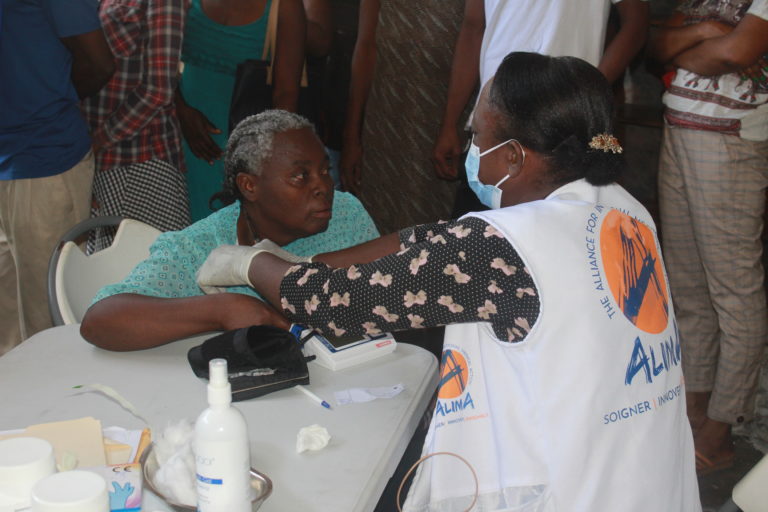
Haiti Crisis: ALIMA Provides Treatment to Over 15,000 Individuals in Camps for Displaced People
Since February 2024, Haiti’s security crisis, especially in Port-au-Prince, has worsened, driving thousands of families to seek refuge in makeshift

Since February 2024, Haiti’s security crisis, especially in Port-au-Prince, has worsened, driving thousands of families to seek refuge in makeshift
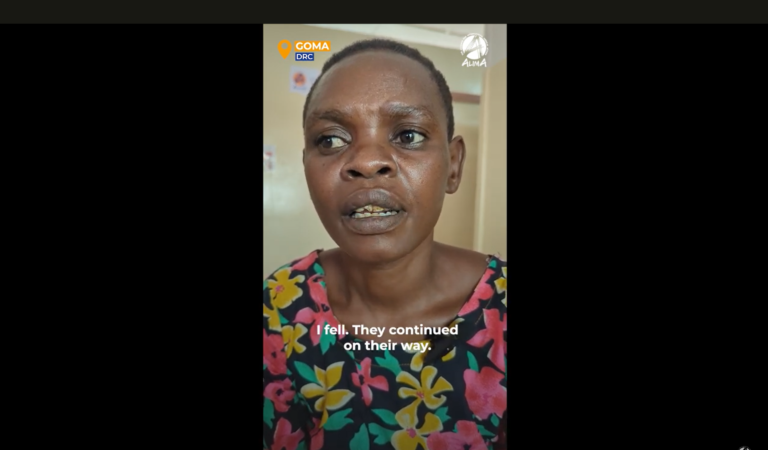
On January 26, 2025, Goma plunged into chaos. Within hours, thousands of families fled the fighting. Among them, Zawadi, shot
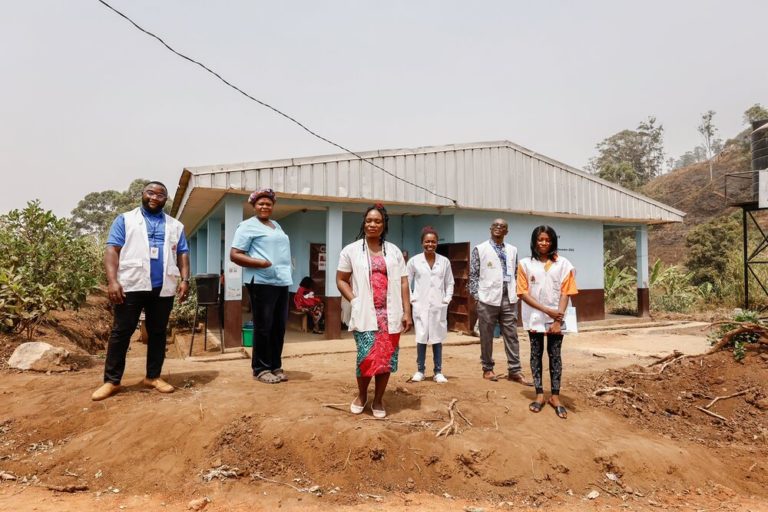
In the North-West region of Cameroon, an ongoing humanitarian crisis is jeopardizing access to social services for thousands of pregnant
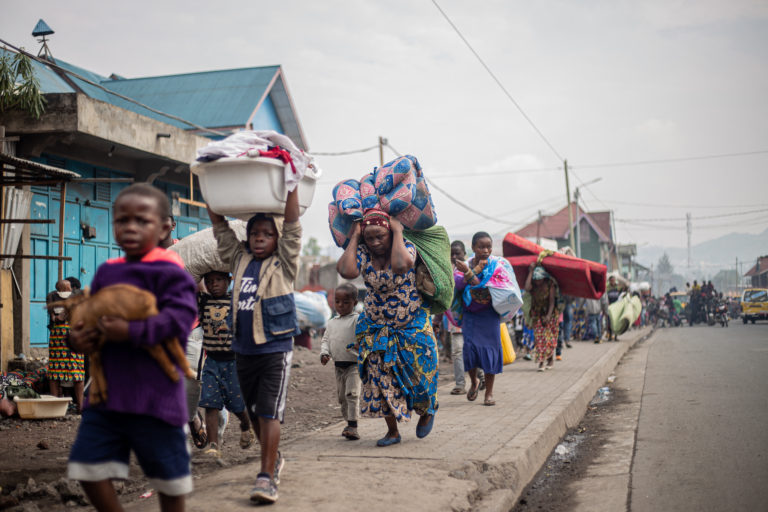
After violent fighting in the DRC, Goma is facing a health emergency: hospitals saturated, medical stocks looted, thousands of wounded.
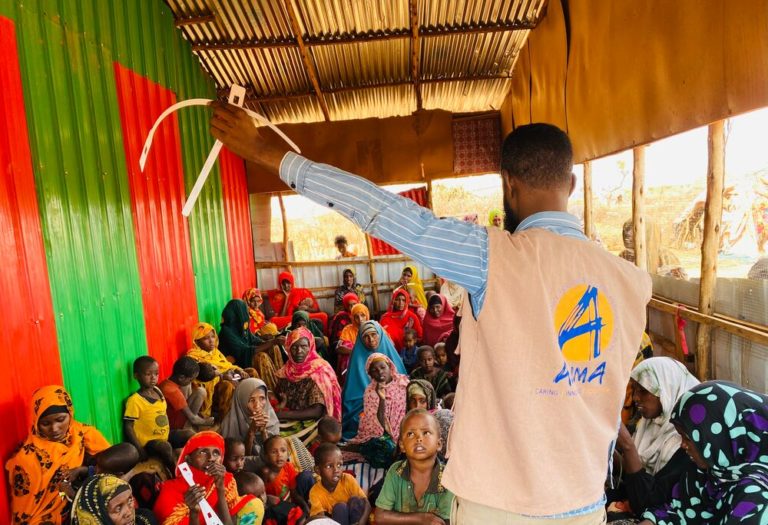
Due to the impacts of the climate crisis, 3.5 million people have been displaced in Ethiopia. One year ago, ALIMA
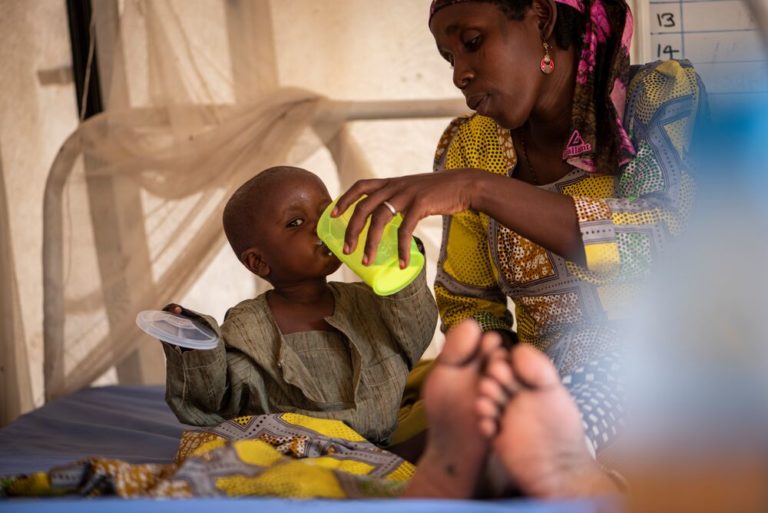
As malnutrition reaches exponential levels in Katsina, ALIMA continues its fight against this disease by implementing innovative methods to prevent
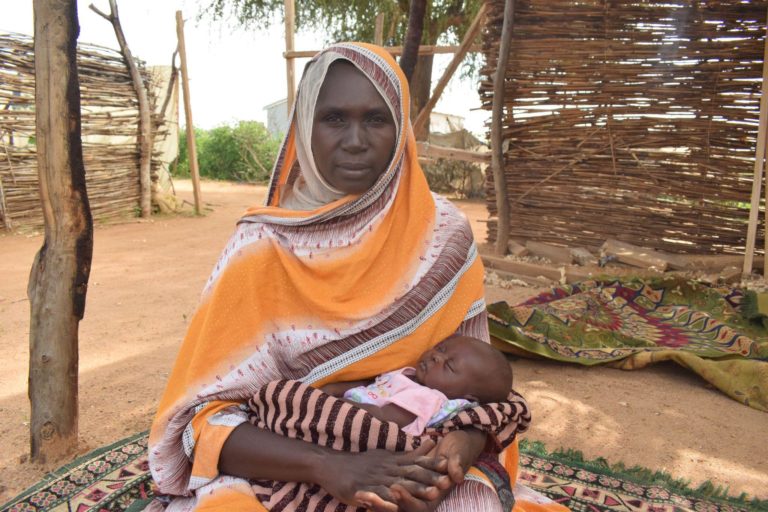
Since April 2023, the war in Sudan has forced thousands of families to flee to Chad. In the eastern part
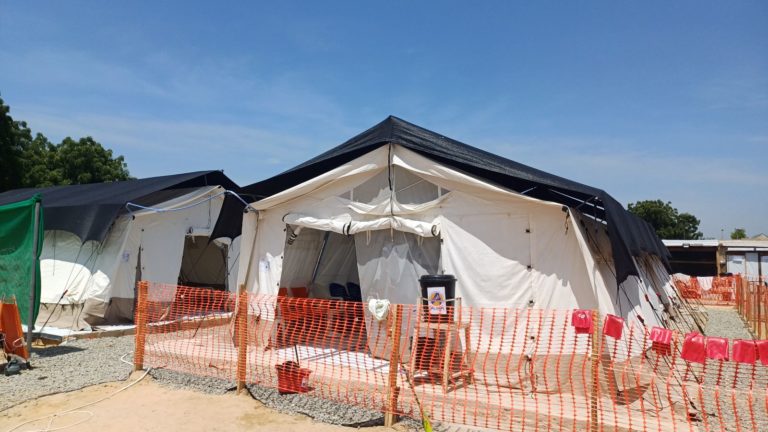
As communities in Maiduguri recover from the recent flood that devastated the region rendering thousands homeless, ALIMA has stepped up
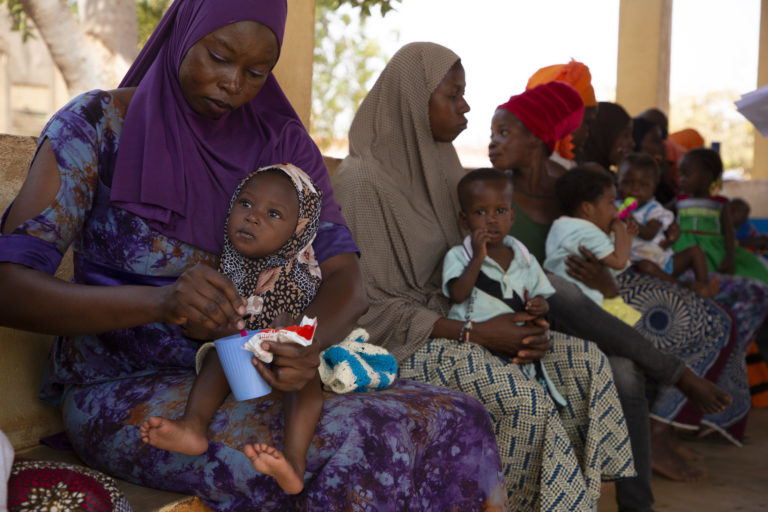
In Burkina Faso, the 1,000 Days project supports pregnant and breastfeeding women, as well as children under five. From pregnancy
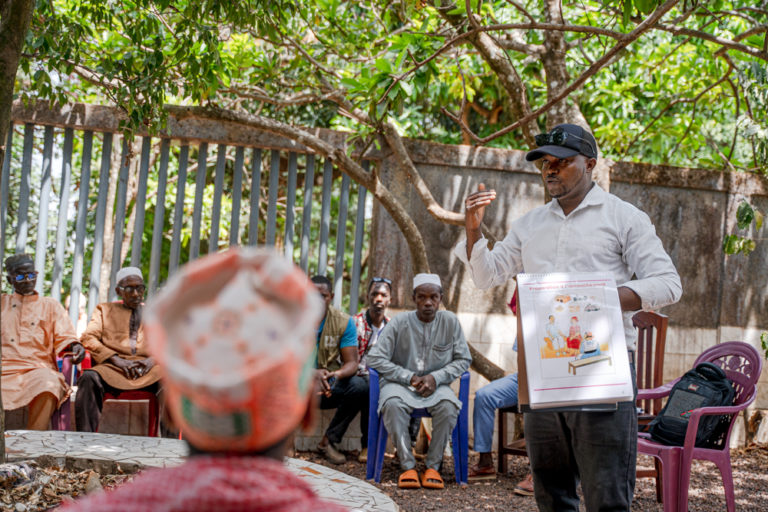
In Guinea, 553 women lose their lives per 100,000 live births*. To tackle this alarming rate, ALIMA and its partners
We offer country-specific donation forms to give you access to local payment options and tax benefits.
Please wait while you are redirected to the right page...